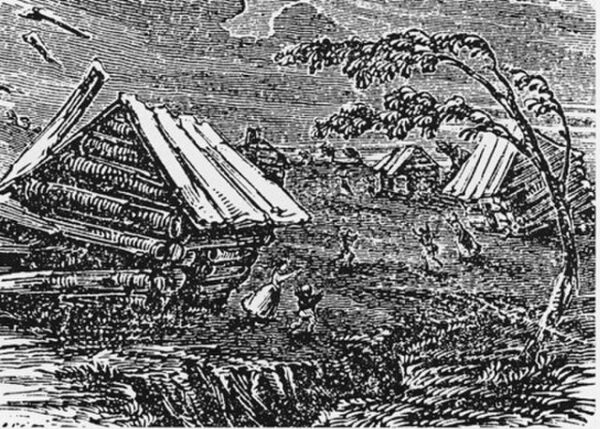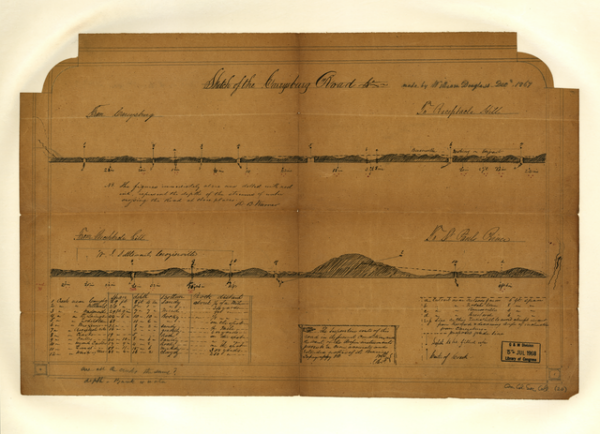The Roman Republic, still reeling from the assassination of Julius Caesar the previous year, faced another constitutional crisis in the summer of 43 BC. Caesar’s designated heir—his great-nephew Gaius Octavius, now calling himself Caesar—was only nineteen years old. Yet by August 19 of that year, the Senate had no choice but to recognize him as Consul, the highest magistrate of Rome. What made this remarkable was not the weight of precedent or the vote of the people, but the looming presence of armed legions ready to enforce his demand. The day marked the moment when Octavian—soon to become Augustus—made clear that he would wield power not by senatorial favor but by military compulsion.
The months leading to this development were defined by uncertainty and shifting allegiances. After Caesar’s murder in March 44 BC, Marcus Antonius, the consul and long-time ally of the dictator, initially appeared the natural heir to Caesar’s following. But Octavian, carefully adopting the name Gaius Julius Caesar Octavianus, laid claim to his uncle’s legacy with relentless determination. Though young, he commanded immense loyalty from Caesar’s veterans, who saw in him the continuation of their fallen leader’s cause.
Tensions between Octavian and Antony soon escalated into open conflict. Antony attempted to consolidate his control over Cisalpine Gaul, only to be checked by the Senate and by Decimus Brutus, one of Caesar’s assassins who had been granted command there. Octavian, calculating his moment, allied himself with the Senate against Antony, securing an extraordinary command despite his youth. His private army, raised by personal funds and the loyalty of veterans, fought alongside consular forces in the spring of 43 BC. At Mutina, Antony was forced to retreat, though both consuls Hirtius and Pansa perished in the fighting.
This created a vacuum: Rome had no sitting consuls, and Antony remained a threat. Octavian, controlling eight legions, found himself indispensable. The Senate, however, continued to treat him as a subordinate ally, reluctant to elevate a youth with no formal cursus honorum. The young Caesar chafed at their dismissiveness, particularly as Cicero and others maneuvered to strengthen the Senate’s hand at the expense of both Antony and Octavian.
By midsummer, Octavian resolved to act. He marched his army toward Rome, stationing his forces within striking distance of the city. His message was unmistakable: either the Senate recognized his authority, or he would impose it by force. Unlike Sulla or Caesar before him, Octavian did not need to cross the pomerium with drawn swords. The mere threat of doing so sufficed.
On August 19, 43 BC, the Senate capitulated. Octavian was elected consul alongside his ally Quintus Pedius. The election, conducted under duress, was nevertheless cloaked in constitutional procedure, preserving the outward forms of republican legality even as its substance withered. The young consul’s first acts were telling. He moved swiftly to ratify his adoption into the Julian gens, legally securing the name and legacy of Caesar. He also pushed through laws condemning Caesar’s assassins and began the process of consolidating authority under his own leadership.
This was not yet the principate, but the line of march was clear. With Antony regrouping and Lepidus commanding troops in Spain, Octavian soon entered into the so-called Second Triumvirate, an official three-man dictatorship that sanctioned proscriptions and divided the Roman world among them. But it was his forced election to the consulship that marked the turning point. No longer a teenager maneuvering on the margins of Roman politics, Octavian had compelled the Senate to acknowledge him as a legitimate ruler.
Historians have often paused at this moment to ask: was the Republic already dead, or was its death sealed when senators surrendered to the threats of a nineteen-year-old with legions at his back? Cicero’s speeches, brimming with hope of restoring senatorial authority, already rang hollow by the time Octavian entered the consulship. What mattered was not eloquence or legal procedure but soldiers and their commanders.





